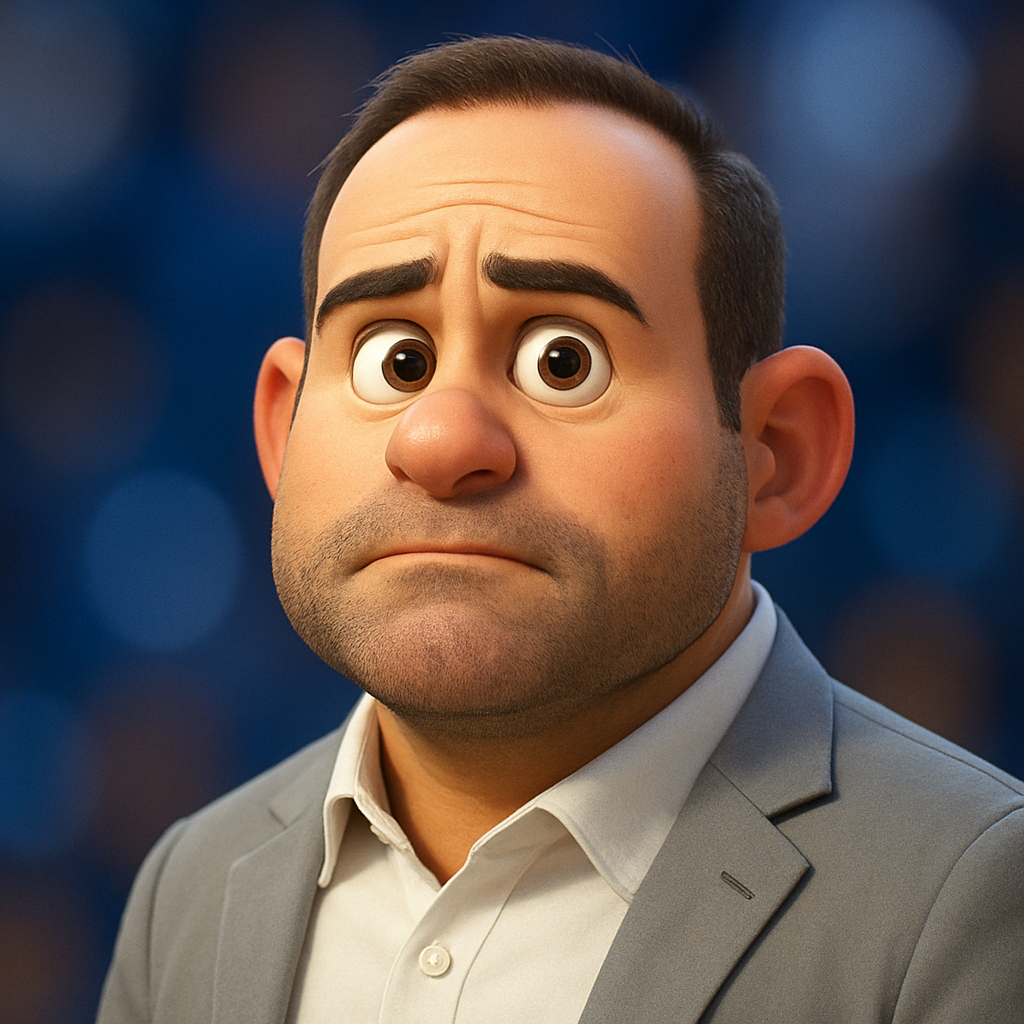NEW YORK — Former US Open champion Andy Roddick has launched a passionate and fiery defence of the current generation of American men's tennis players, vehemently pushing back against what he deems "lazy" criticism regarding their performances at the 2024 US Open.
Speaking on his "Served with Andy Roddick" podcast, the 2003 champion took aim at pundits and fans who have been quick to label the early exits of players like Taylor Fritz, Tommy Paul, and Frances Tiafoe as a collective failure, arguing that the narrative fundamentally misunderstands the current landscape of the sport and disrespects the athletes' efforts.
The Core of Roddick's Argument
Roddick's central thesis is that the depth on the ATP Tour has never been greater, making Grand Slam success more difficult than ever to achieve. He pointed out that the days of a select few players dominating deep into the second week of every major are over, replaced by a era where any player in the top 50 is a legitimate threat to win on any given day.
"The criticism is lazy," Roddick stated emphatically. "It’s just this blanket statement. We have six guys in the top 50. That’s more than we’ve had in two decades. We have more guys making a living playing tennis than we’ve ever had. That is a measure of success."
He specifically addressed the criticism aimed at Taylor Fritz, the highest-ranked American man at World No. 12, who fell in a hard-fought five-set battle to Borna Coric in the third round. Roddick argued that Fritz's consistent presence in the top 15 is an achievement in itself, not a disappointment.
A New Benchmark for Success
Roddick urged for a recalibration of how American tennis success is measured, moving away from the impossible standard of the Pete Sampras/Andre Agassi era or his own period of consistent deep runs.
"The goal post has been moved so far from where it was when I was playing. The goal post is now, ‘Unless you win a major, it’s a s---ty year.’ That’s just not true... We have to get back to a place where we can celebrate someone being a top-20 player for five years. That’s a hell of an accomplishment."
He highlighted the sheer difficulty of winning a major, noting that even legendary players like his former rival Lleyton Hewitt won only two Slams, and that the current "Big 3" era has warped perceptions of what constitutes a successful career. Roddick's rant served as a stark reminder of his own career, where he reached four other major finals but ran into the immovable object of Roger Federer each time.
Breaking Down the US Open Results
While the headlines focused on early losses, Roddick pointed to several positive American performances that were being overlooked in the broad-stroke criticism:
- Ben Shelton: The 21-year-old reached the fourth round.
- Alex Michelsen: The 19-year-old phenom also advanced to the third round.
- Marcos Giron: Secured a solid third-round appearance.
- Tommy Paul: Despite a fourth-round loss, he remains firmly in the top 15.
"We’re sitting here complaining about six guys in the top 50 and acting like it’s the end of the world," Roddick said, his voice rising with frustration. "It’s the most we’ve had! Name another country that has six guys in the top 50. It’s a short list. It’s really, really hard to do. The negativity is just overwhelming."
The Passionate Plea for Perspective
Roddick's defence transcended statistics and delved into the personal sacrifices and mental toll the sport takes. He argued that the players are acutely aware of the expectations and are their own harshest critics, making external negativity from their home country particularly unhelpful.
"These guys give a s---. They’re trying. They’re working their asses off. To just blanket statement say, ‘This is a failure’... I’m not going to sit here and s--- on American tennis players who are trying and are in the top 50 in the world."
He concluded with a powerful message to the critics, stating, "If you’re not willing to do the work to understand the context of the modern game, then maybe just don’t talk. It’s okay to not have an opinion on everything."
Roddick's impassioned monologue has sparked a significant conversation within the tennis community, forcing a re-evaluation of the narrative surrounding American men's tennis and challenging the notion that a Grand Slam title is the sole measure of a player's worth or a nation's tennis health.

